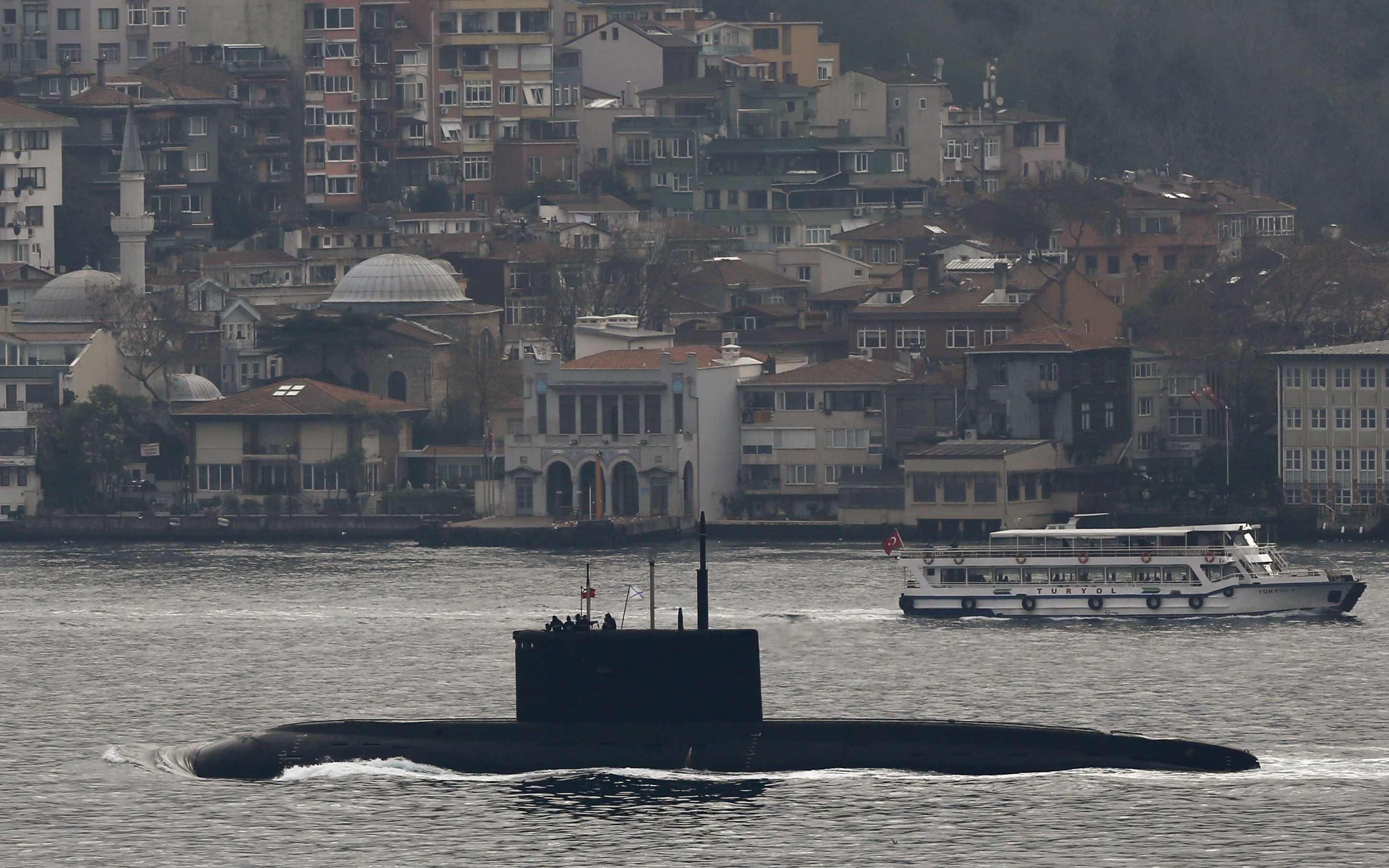Russian Ships Force Turkish Vessel to Change Course in Black Sea

A Russian Black Sea corvette and a coast guard boat have forced a commercial vessel under a Turkish flag to change course after it got in the way of a Crimean energy firm’s boats towing oil rigs, the company said on Monday. This is the second such incident in as many days.
The firm, Chernomorneftegaz, said the rigs were delivered safely.
Earlier Monday, Turkey’s foreign minister said Ankara’s patience with Russia “has a limit” after Moscow’s “exaggerated” reaction to a naval incident Sunday between the two countries.
A Russian destroyer fired warning shots at a Turkish vessel in the Aegean Sea on Sunday to avoid a collision and summoned the Turkish military attaché over the incident.
“Ours was only a fishing boat – it seems to me that the reaction of the Russian naval ship was exaggerated,” Mevlut Cavusoglu told Italian daily Corriere della Sera in an interview.
“Russia and Turkey certainly have to re-establish the relations of trust that we have always had, but our patience has a limit,” Cavusoglu said.
The incident is likely to heighten tensions between the two nations, who are at odds over Syria and Turkey’s downing of a Russian warplane last month.
Cavusoglu said Russia had already “put itself in a ridiculous position” with accusations by its President Vladimir Putin that Turkey had shot down the jet to protect oil supplies from Islamic State.
“No one believed it,” he said.
He also criticized Russia’s military intervention in Syria, saying it was aimed at propping up the regime of President Bashar al-Assad, not combating Islamic State.
“Unfortunately Russia is not in Syria to fight terrorists,” he said, adding that only 8 percent of its air strikes had been aimed at Islamic State while 92 percent were against other groups hostile to Assad.
Cavusoglu also said air strikes were not sufficient to defeat Islamic State and soldiers on the ground were necessary, according to the interview.
To Read The Full Story
Are you already a subscriber?
Click "Sign In" to log in!

Become a Web Subscriber
Click “Subscribe” below to begin the process of becoming a new subscriber.

Become a Print + Web Subscriber
Click “Subscribe” below to begin the process of becoming a new subscriber.

Renew Print + Web Subscription
Click “Renew Subscription” below to begin the process of renewing your subscription.






